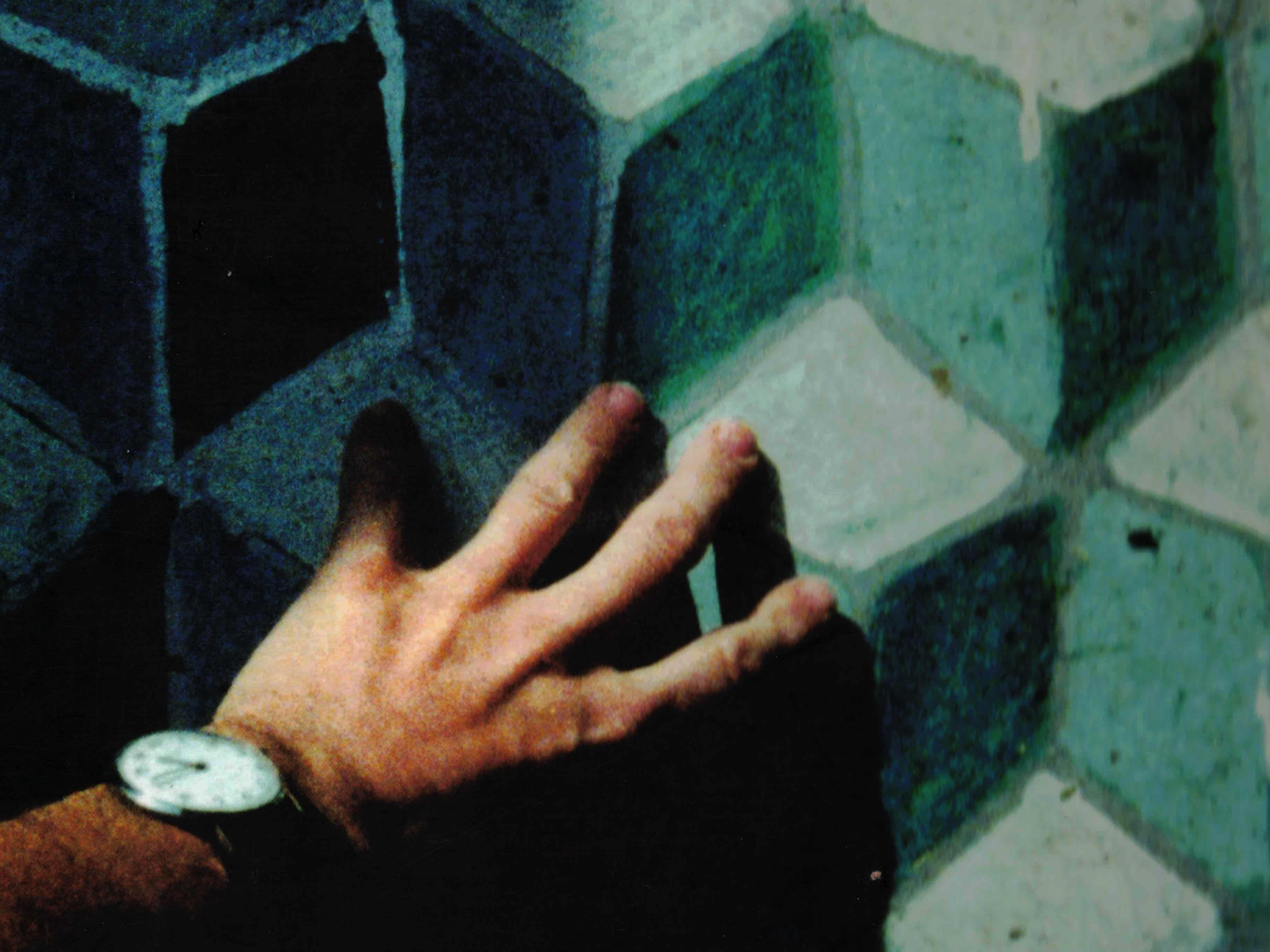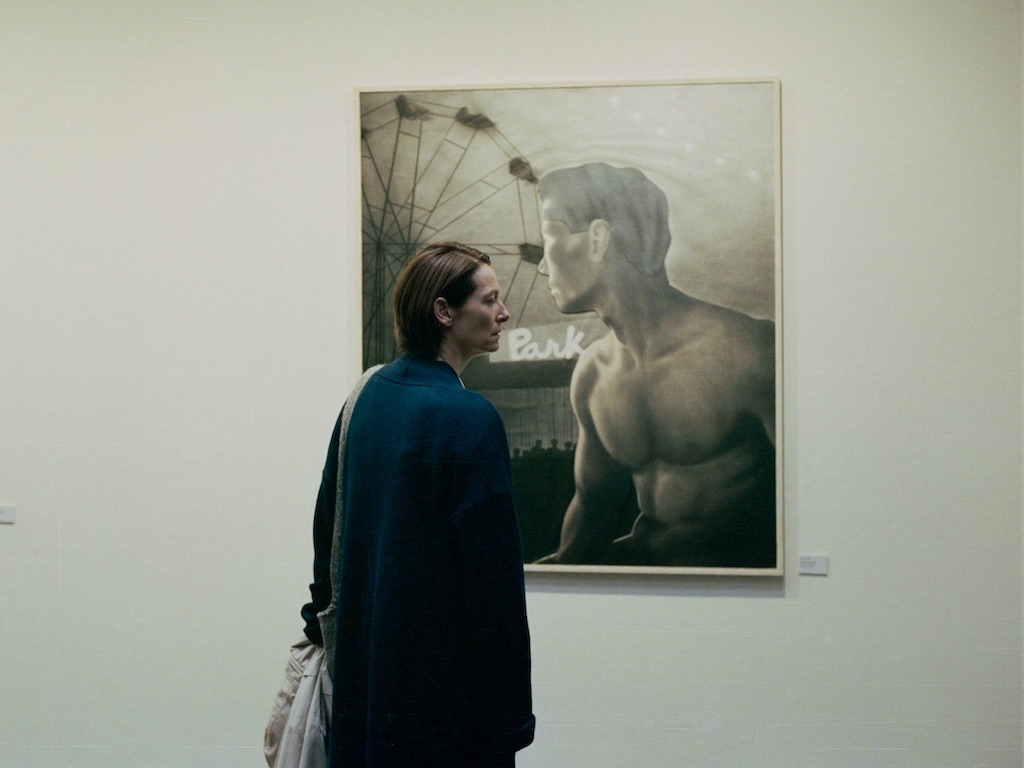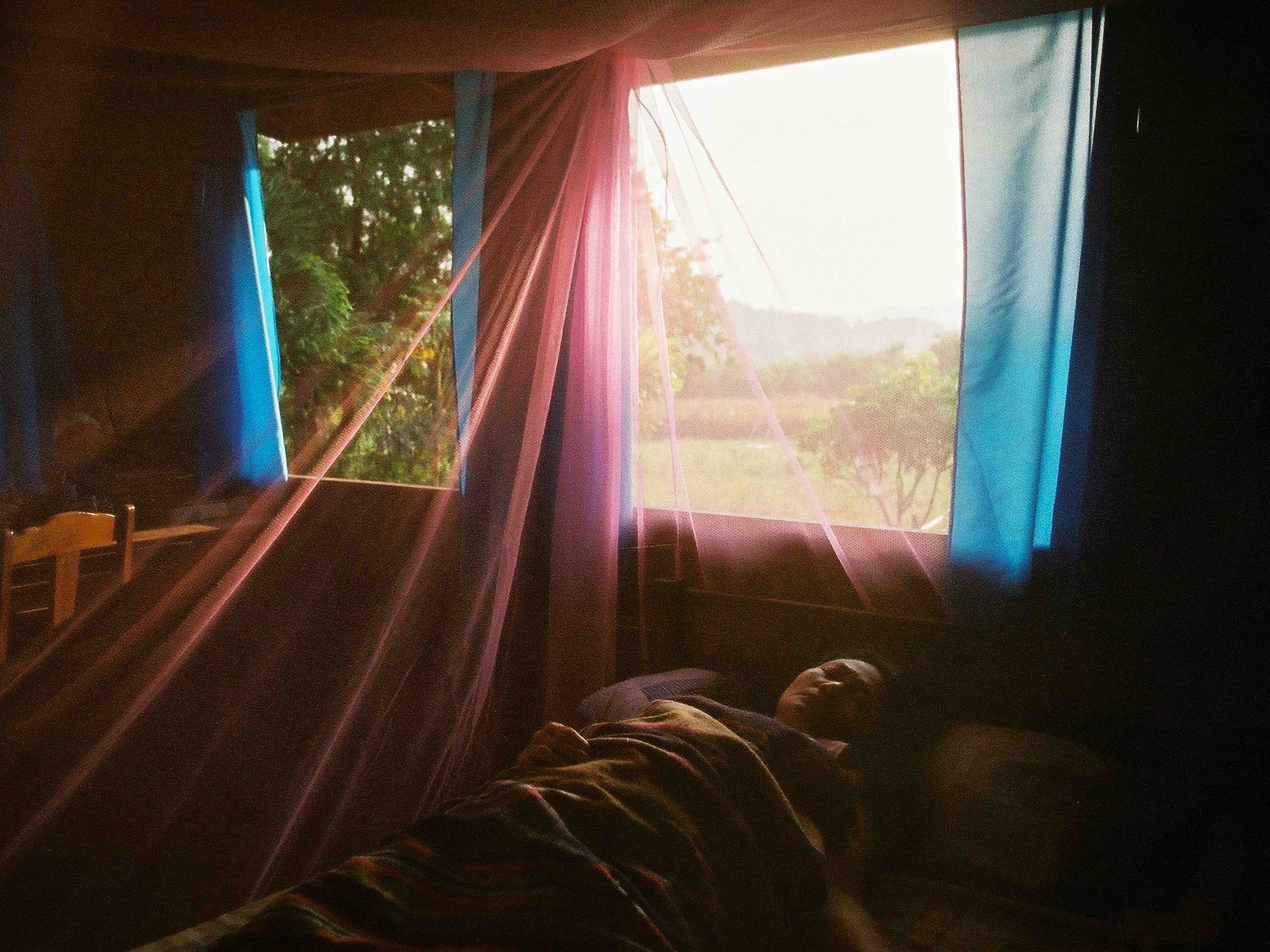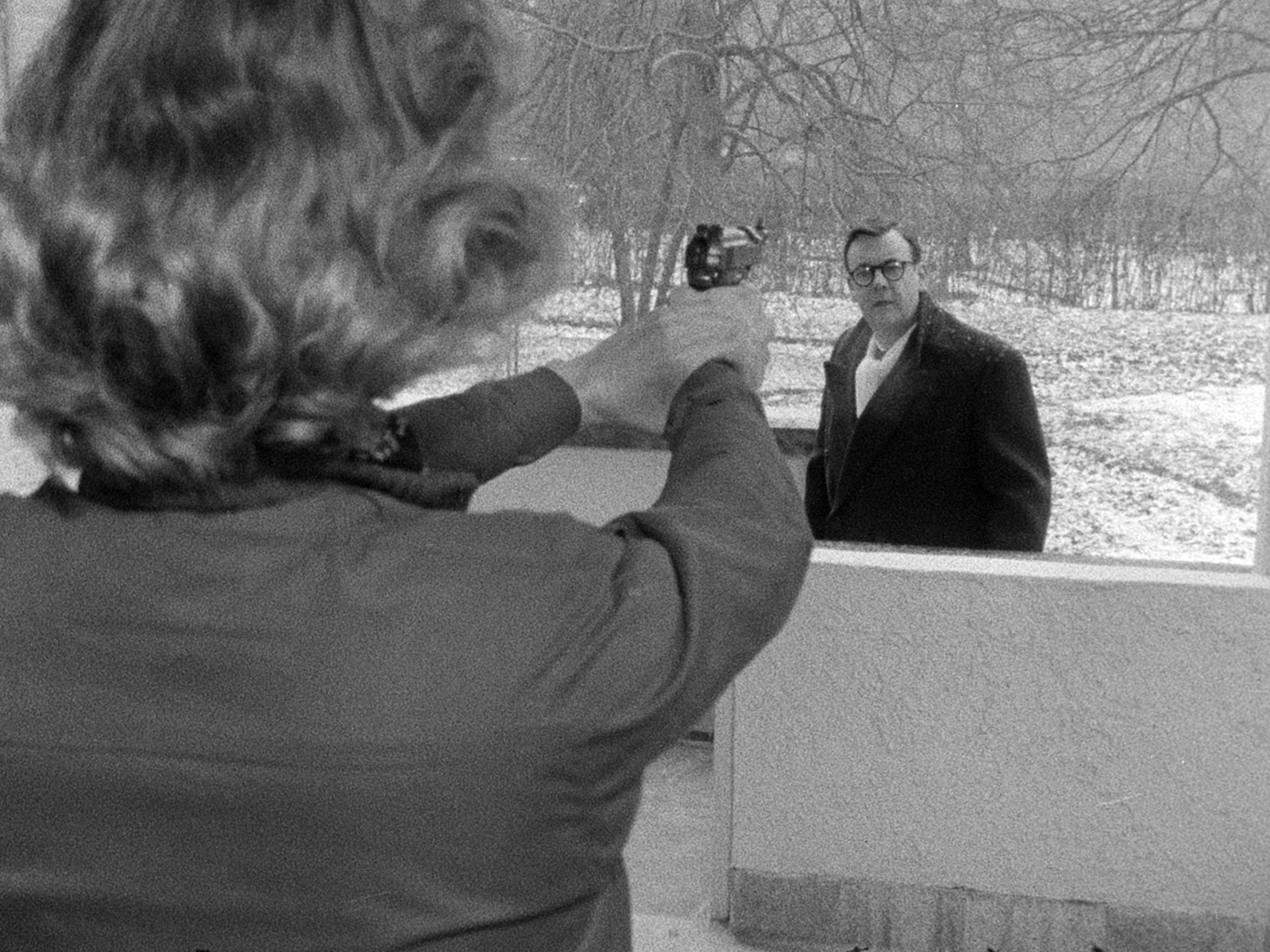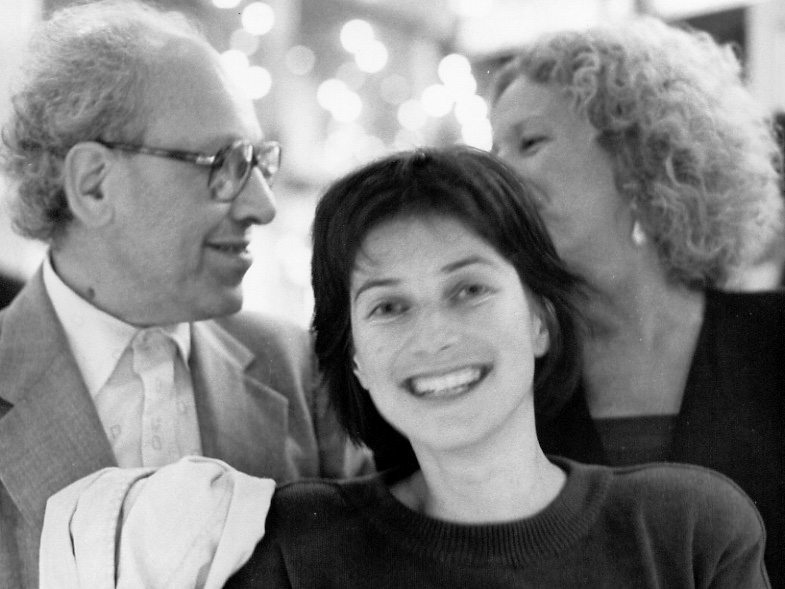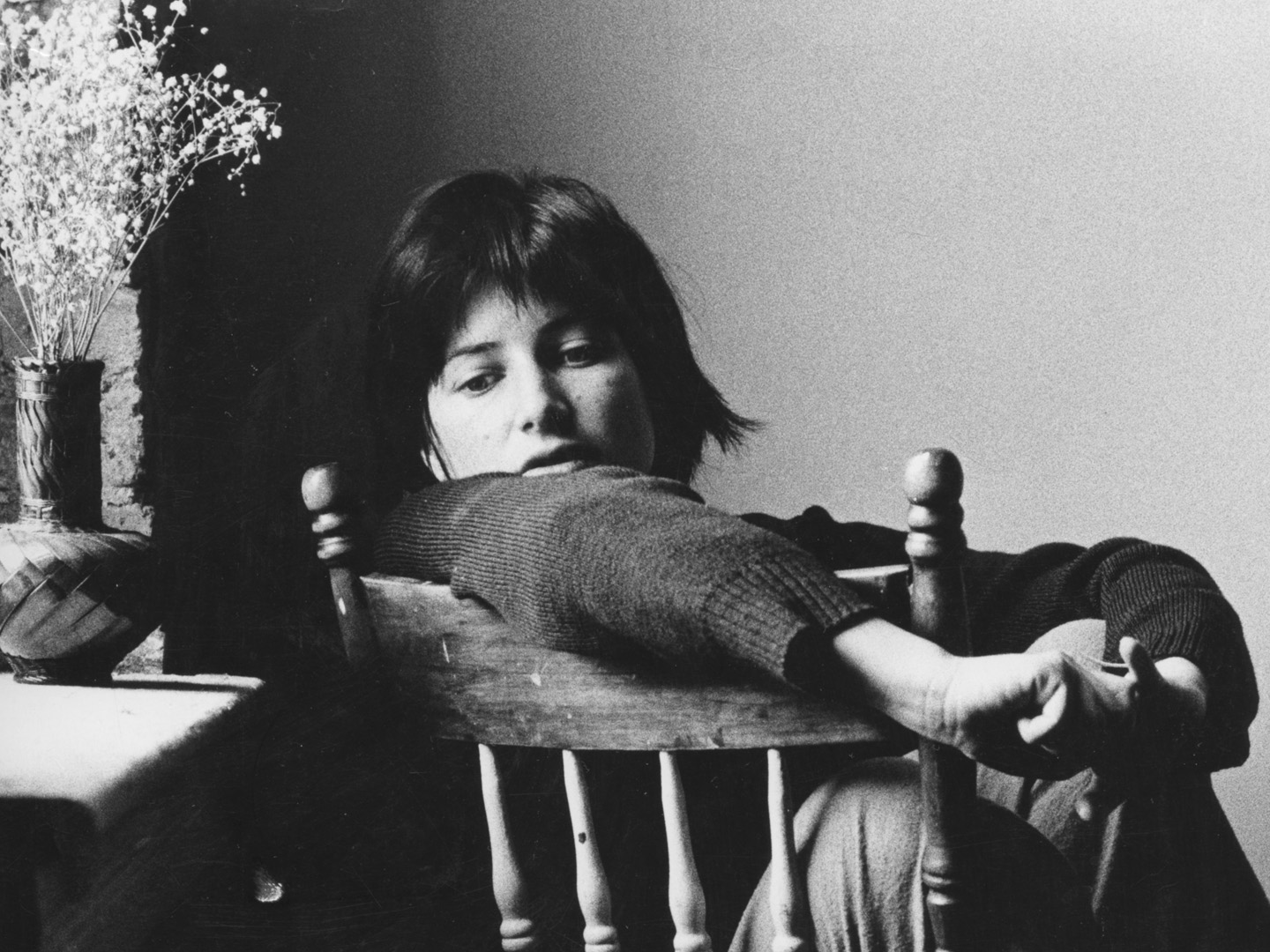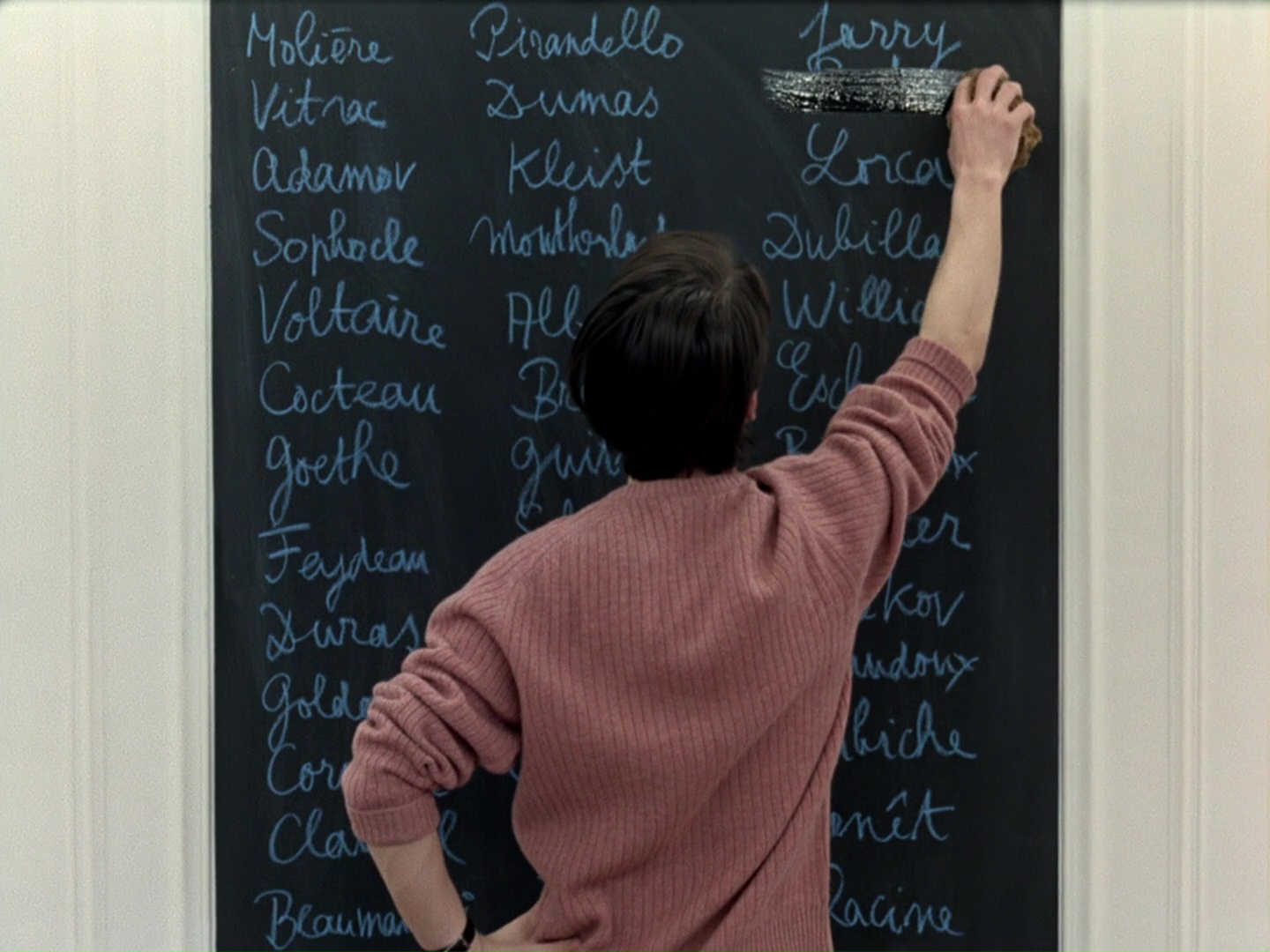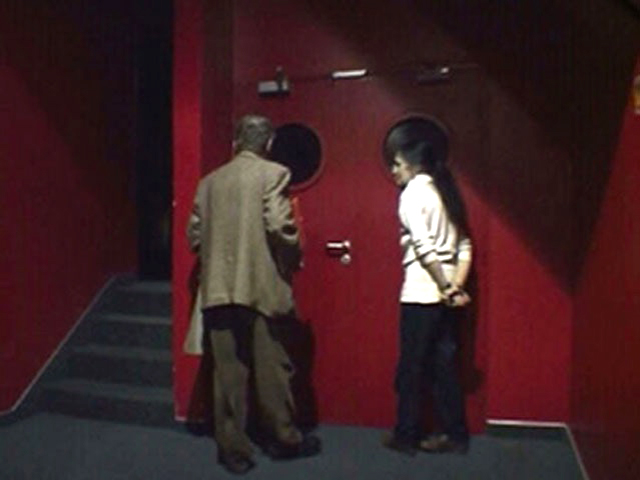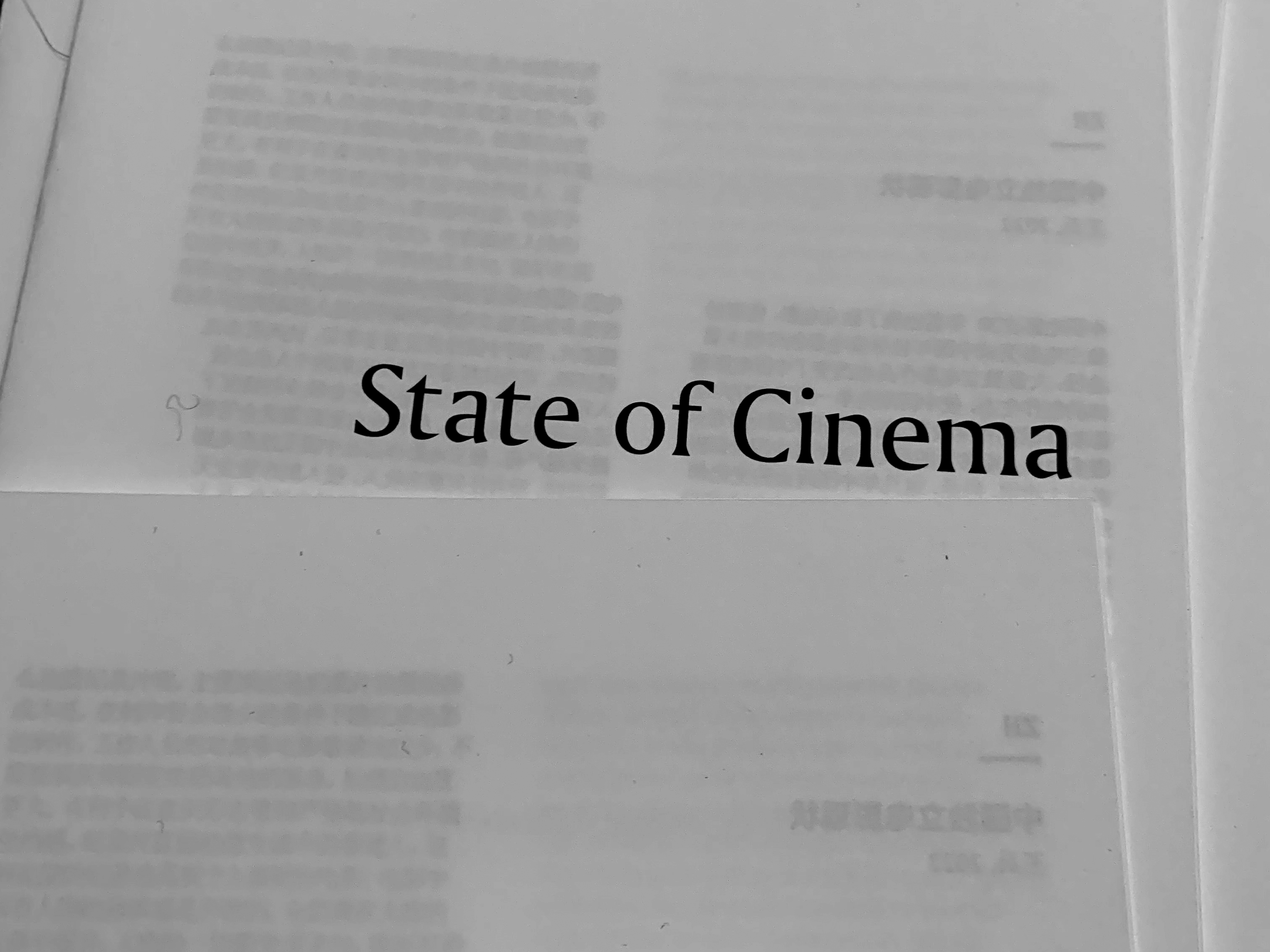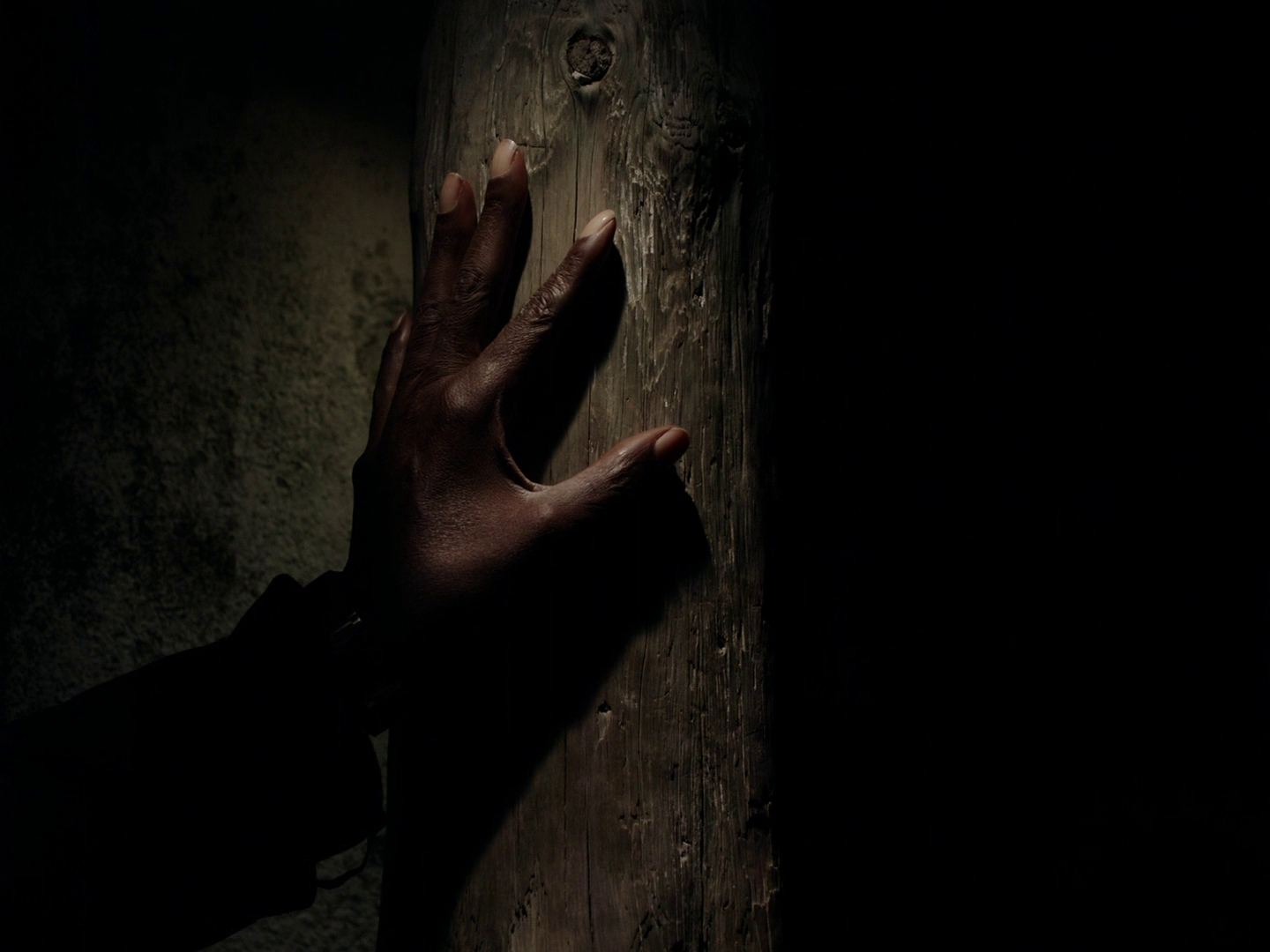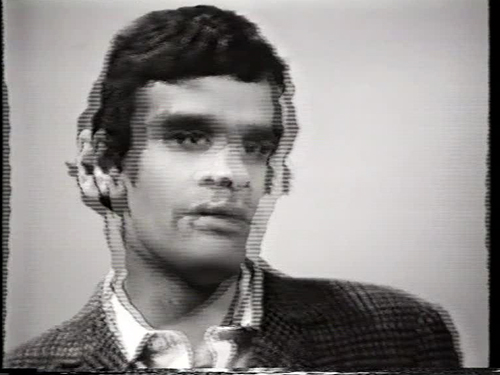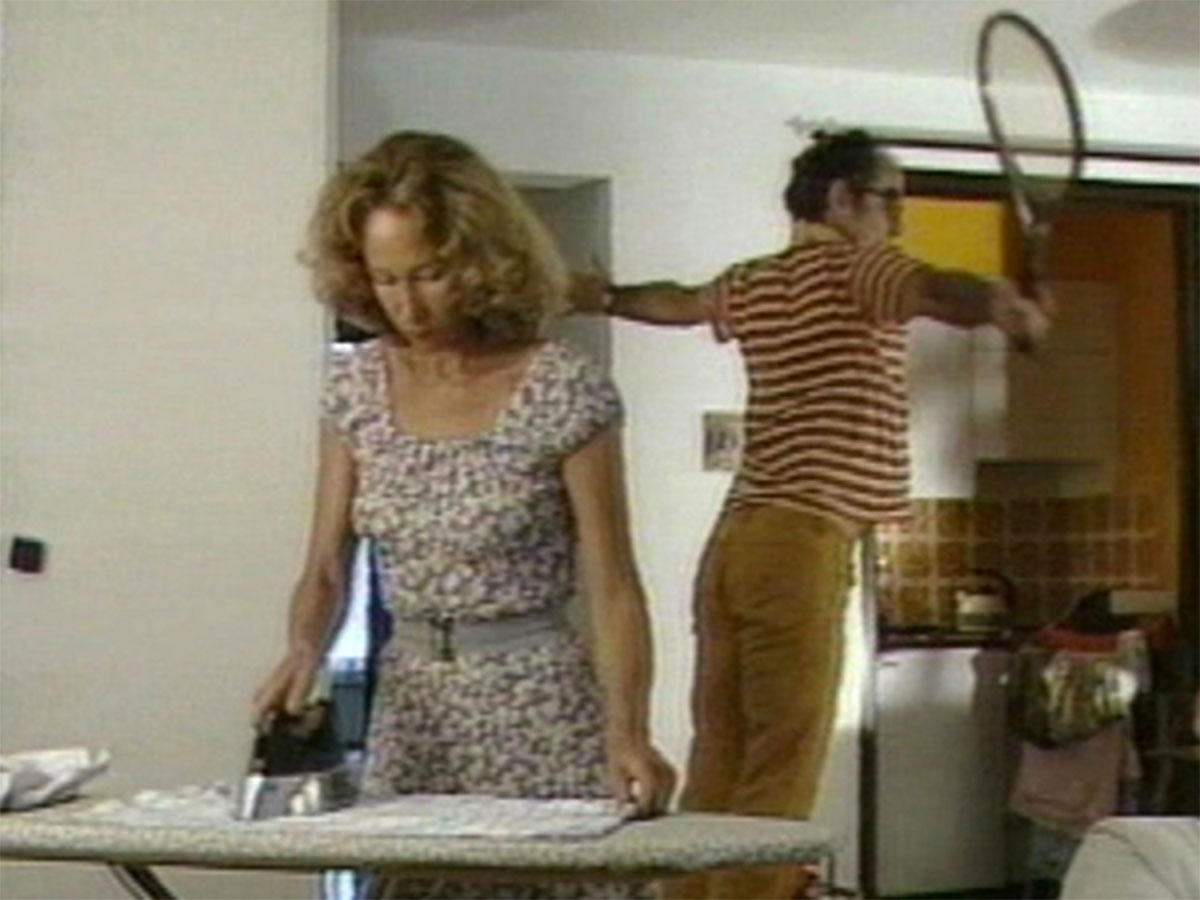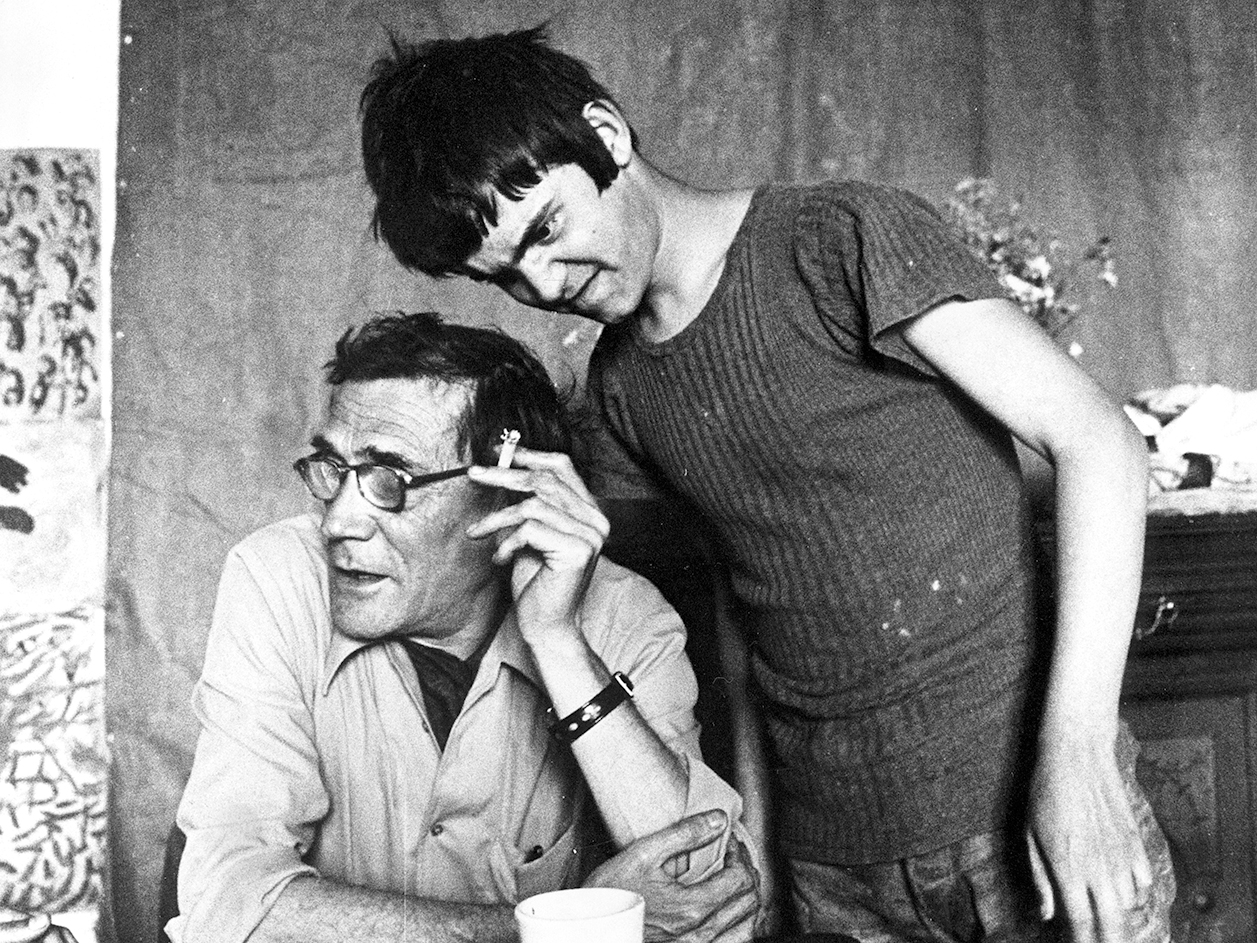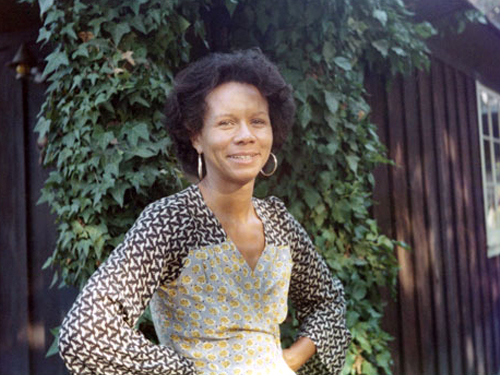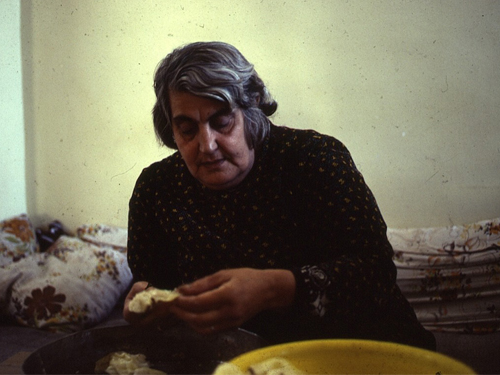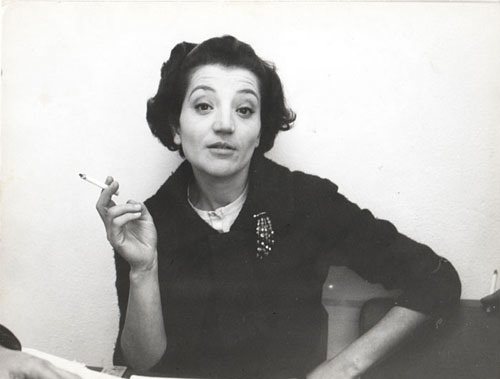
Sabzian x Avila
Together with Avila, the non-profit film distributor dedicated to showcasing Belgian auteur cinema online and in cinemas, we’re happy to present a curated selection of interviews from our archive with Belgian filmmakers whose work can be watched on Avila. These include, among others, Ellen Vermeulen, Bas Devos, Eric de Kuyper, Boris Lehman, the Dardenne brothers, as well as several founding members of Sabzian. A rich collection of voices that spans more than half a century of Belgian film history.


